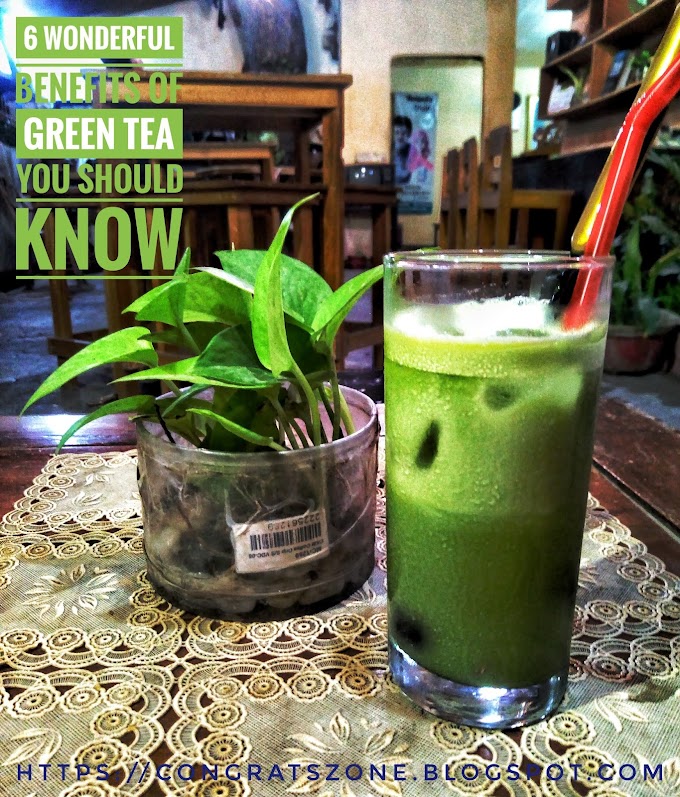 |
| image by : pexels.com |
Coffee and
tea, on the other side, both have low calories. An 8-oz cup contains 2 tea calories, so does coffee in the same serving
amount. Caffeine is good for your body but only at certain level. But when it comes to caffeine level, tea wins
the round. Consumption of caffeine beyond acceptable limit may give you side
effects that are counterproductive. Caffeine gives you an instant boost of
energy and coffee has it in abundance. Combined with coffee’s natural calorie
level, caffeine works as your go-to secret weapon to wake your body up so it’s
ready for the day.
At the
other side of the spectrum are tea calories.
Tea and coffee share roughly the same amount of calories but caffeine in tea is
much, much lower than that of coffee. As caloric level of tea and coffee is
more or less equal, attention should be directed to their caffeine content
ratios. Caffeine’s presence in tea was first revealed back in 1827. The
compound was referred to as theine until it was discovered that theine and
caffeine were actually identical. As caffeine in coffee was the first to be
discovered, he name “theine” was dropped and till this very day is called
caffeine. You might wonder, if both tea and coffee have caffeine and their
caffeine is identical with one another, why does the experience feel different?
When you take a sip off a cup of coffee, the effects are felt within minutes.
Tea, on the other hand, is barely palpable on its caffeine effects. There are
three reasons for this:
1.
An
average cup of tea contains significantly less caffeine, especially when you
brew either white or green tea at lower temperature and shorter time.
2.
The
amino acid L-theanine (which only exists in tea) works toward promoting
relaxation and reducing stress. The amino acid works alongside caffeine to keep
your body relax without losing alertness, all at the same time.
3.
Tea
contains tons of antioxidants. These antioxidants, in turn, slow down the
process of caffeine absorption within your body. As a result, chemical in the
system increases more in a lot gentler way and you can stay alerted without
have to deal with a crash after the caffeine is removed from the system—a
typical condition commonly observed in coffee.




0 Comments